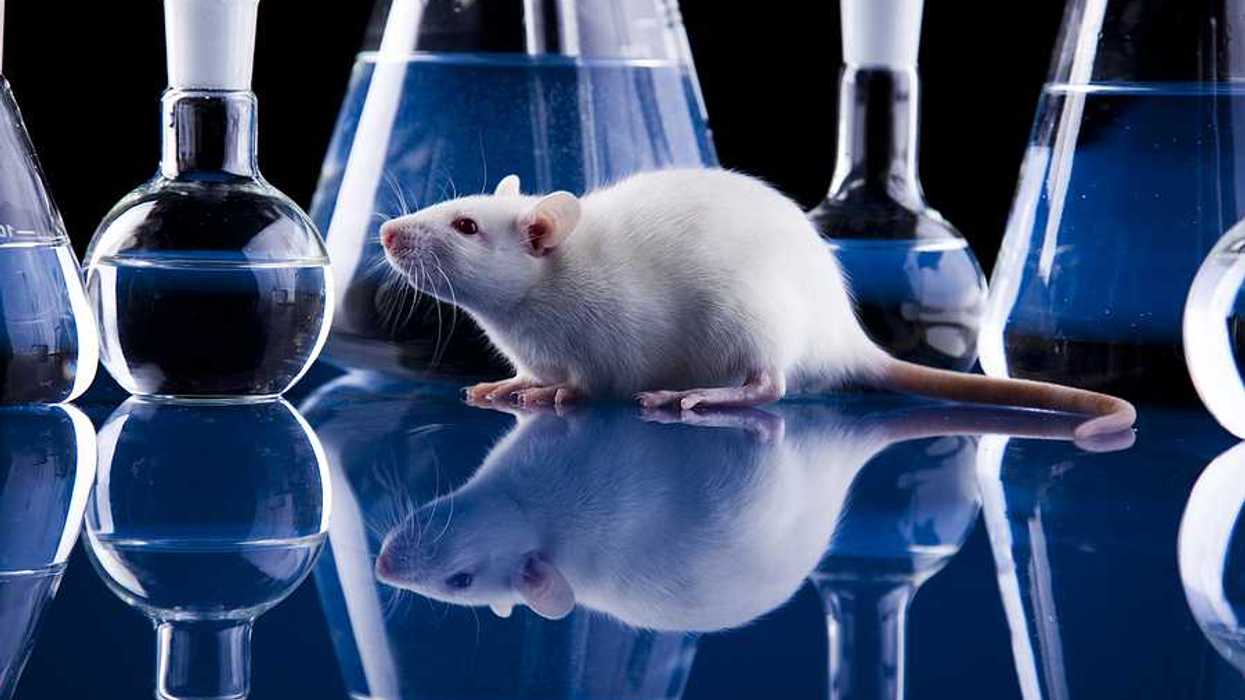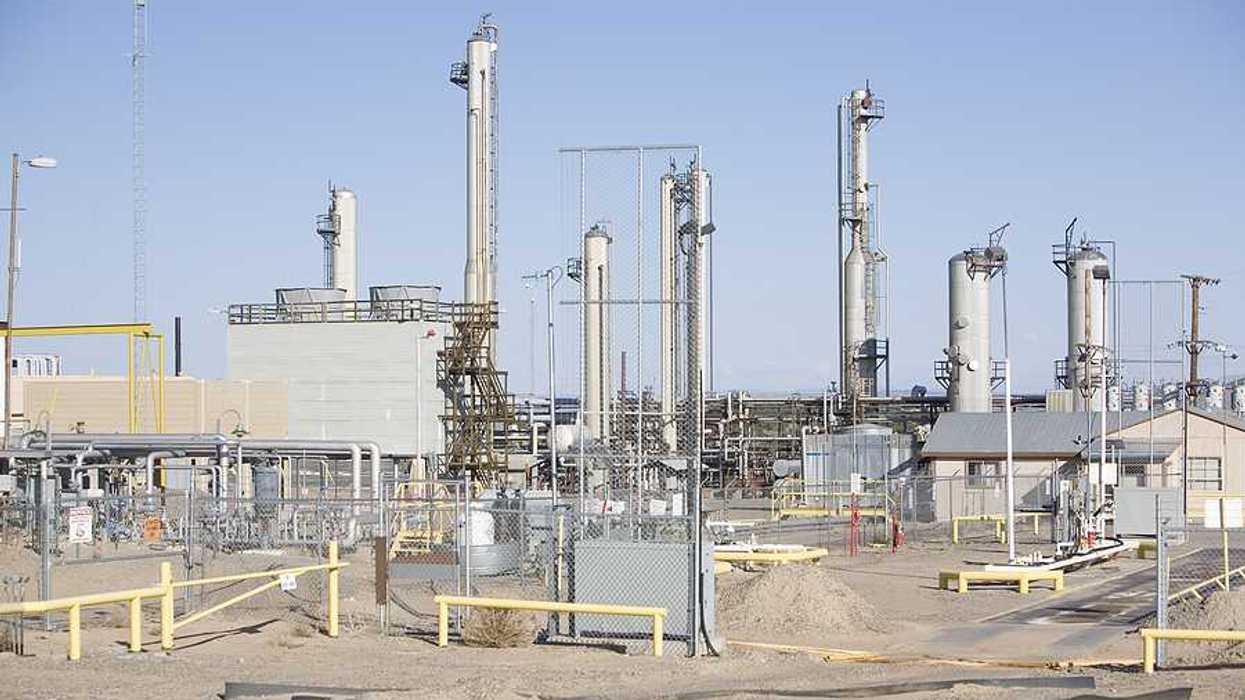The Trump administration’s decision to block routine National Institutes of Health (NIH) advisory meetings has stalled critical research funding, leaving scientists uncertain about the future of their projects.
Carolyn Y. Johnson and Joel Achenbach report for The Washington Post.
In short:
- The administration has prevented the NIH from announcing meetings in the Federal Register, effectively halting the grant approval process.
- Scientists fear the delays could last months or years, disrupting research into diseases like Parkinson’s and cancer, and causing job losses in laboratories.
- The National Science Foundation and other agencies have also been affected, with staff layoffs and reduced graduate student admissions.
Key quote:
"Things aren’t going to get slowed down for six months — they may get slowed down for years."
— Bita Moghaddam, behavioral scientist at Oregon Health & Science University
Why this matters:
The U.S. has long led the world in biomedical research, but federal funding is its backbone. By blocking NIH’s ability to approve new grants, the administration is disrupting research that supports understanding of diseases and advancement of life-saving treatments. Delays in funding may force labs to shut down, halt progress on major diseases, and drive talented scientists abroad. The effects could ripple for years, weakening America’s scientific leadership and slowing medical advancements.
Related: NIH freeze jeopardizes critical scientific research














